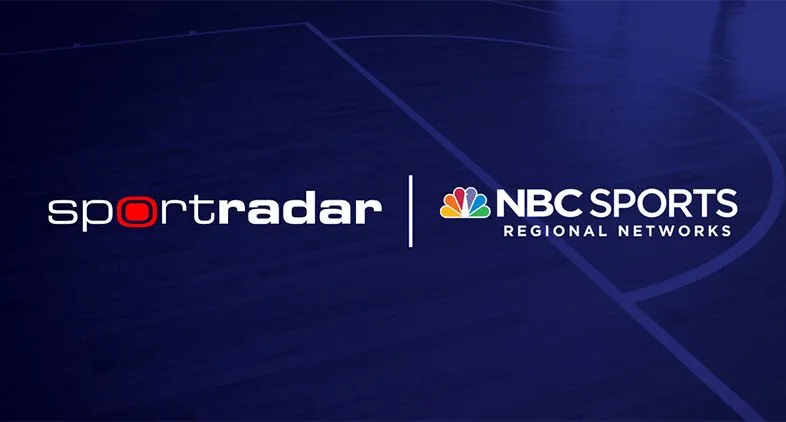The professional video industry's #1 source for news, trends and product and tech information. Sign up below.
You are now subscribed
Your newsletter sign-up was successful
The FCC’s list of broadcast stations licensed as of March 31, 2013 showed little change overall. The number of Class A TV licenses has stabilized at 454 after dropping significantly from 515 on March 31, 2011. The move of TV licenses from UHF to VHF continued. Compared to the Dec. 31, 2012 totals, the number of UHF Class A TV licenses dropped by two while the number of VHF Class A TV licenses increased by two. The number of UHF Low Power TV (LPTV) licenses dropped by 23, which isn't surprising given the risk these stations face in the repacking, while the number of VHF LPTV licenses increased by six. Overall, there were 1,967 LPTV licenses, 17 less than on December 31, 2012 and 34 fewer than in March 2012.
The number of full power TV licenses was unchanged in the last quarter, although there was one less UHF commercial TV license and one more UHF educational TV license.
On the radio side, compared to Dec. 31, 2012, the number of low power FM licenses dropped by seven to 802, the number of FM translator licenses dropped by 22 to 6,053, and the number of full power FM commercial licenses increased by 5 to 6,603. Educational FM licenses increased to 3,917 from 3,860. There were two fewer AM licenses, dropping the AM license total to 4,736.
The professional video industry's #1 source for news, trends and product and tech information. Sign up below.

Doug Lung is one of America's foremost authorities on broadcast RF technology. As vice president of Broadcast Technology for NBCUniversal Local, H. Douglas Lung leads NBC and Telemundo-owned stations’ RF and transmission affairs, including microwave, radars, satellite uplinks, and FCC technical filings. Beginning his career in 1976 at KSCI in Los Angeles, Lung has nearly 50 years of experience in broadcast television engineering. Beginning in 1985, he led the engineering department for what was to become the Telemundo network and station group, assisting in the design, construction and installation of the company’s broadcast and cable facilities. Other projects include work on the launch of Hawaii’s first UHF TV station, the rollout and testing of the ATSC mobile-handheld standard, and software development related to the incentive auction TV spectrum repack. A longtime columnist for TV Technology, Doug is also a regular contributor to IEEE Broadcast Technology. He is the recipient of the 2023 NAB Television Engineering Award. He also received a Tech Leadership Award from TV Tech publisher Future plc in 2021 and is a member of the IEEE Broadcast Technology Society and the Society of Broadcast Engineers.
